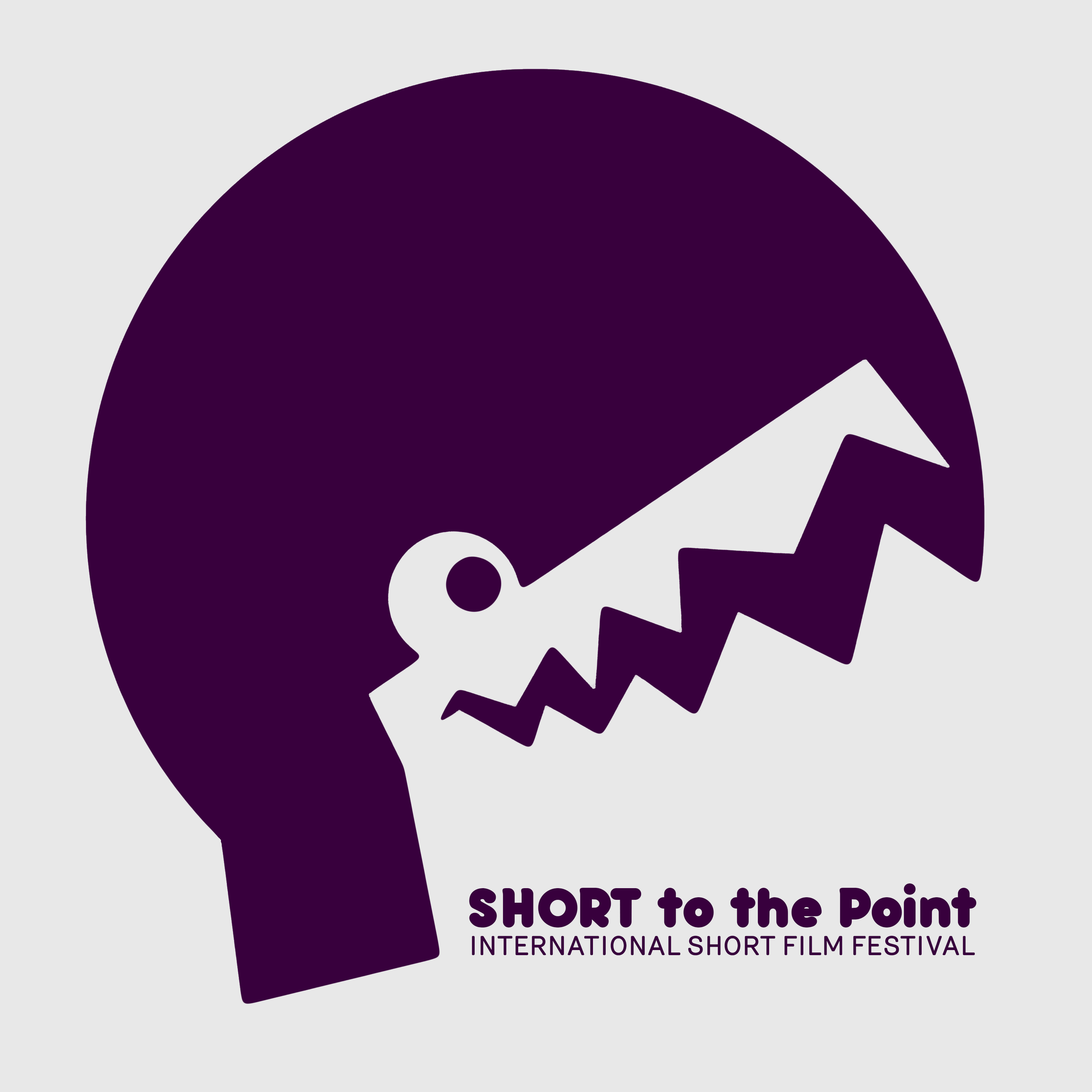- Was there a particular event or time that you recognized that filmmaking is your way of telling stories?
I wouldn’t say that one particular event made me start making films. I’ve always been interested in the magic of cinema. I have a vivid imagination since childhood which has remained with me up to this day and developed towards script writing and inventing film stories. It’s an amazing feeling that the things born in your mind are suddenly realized and displayed on the screen.
- Do you think it is essential to go to a film institute in order to become a successful filmmaker?
In my opinion, this is not needed (at least this is the situation in Poland). I’m a pretty good example of this. I have finished a 2-year course at the Film and Television Academy, but in fact I learned the most from my mistakes and experiences. I believe that passion, talent and simply true love of cinematography are sufficient motivators. Because if you find something you really love and start following it, it suddenly turns out that nothing is impossible. This is the most important – the inner belief and feeling that it will succeed.
- Is it harder to get started or to keep going? What was the particular thing that you had to conquer to do either?
It’s probably harder to get started. At the very beginning I made many mistakes due to lack of experience, lack of familiarity with the film set, lack of understanding how the language of the film works. Ideas that seem great in our minds are often disappointing when implemented and I suspect from my own experience that many of us have encountered this. The more so that each film goes to a specific audience that is merciless. But if you get through this initial stage and draw the right conclusions, it starts to be a little easier. Small successes are finally achieved and that is motivating! At some point, routine may appear. Some effect of exhaustion and lack of inspiration. My way is: try something different, create a whole new world that you haven’t dealt with so far. I challenge myself in a completely new reality. After such a change, I return to the old film style I know with a fresh mind.
- What was the most important lesson you had to learn that has had a positive effect on your film? How did that lesson happen?
In my opinion, the most important thing when creating a movie is choosing the right crew to work with. You need to have people around you with whom he is suitable on similar waves. There is some chemistry between them and they see a common goal. This is especially important in cooperation between the director, cinematographer and production manager. In the case of Redleaf advertising, we’ve already been in a team known to each other, which has had more than one joint production behind them. Of course, the script was also very important. From the very beginning, when I came up with this idea, I had the inner conviction that it could be really good. The whole team loved this idea and were convinced that we were doing something with great potential. This is extremely motivating to act.
- What were the production realities from casting through editing that you had to accommodate? How did you navigate those compromises or surprises and still end up with a cohesive film?
Of course, the biggest problem was financial matters. The budget was quite limited, so we had to solve some issues cleverly. For example, the location where we shot was available only at night – during the day it worked normally. So we took a night and recorded everything in 8 hours. In addition, one day before the shooting one of the actors got seriously ill. So in one of the scenes I just had to take his place. Fortunately, I didn’t have to say anything, just sat and mixed the tea!
- What was the hardest artistic choice you made in the making of a film, at any stage in production?
We had some problems at the stage of editing the clip. Several versions have already been created, and I felt that this was not it every time. Finally, we came to the conclusion that the spot is cut too densely and too dynamically assembled. That this is not a good way to tell this story. It was quite a difficult decision to slow down the pace, change the music and throw away some really good shots. Especially in times when the clips see an upward trend in terms of dynamics and the number of cuts used as well. However, in this story it just didn’t work and we had to give it up. Which ultimately proved to be the right decision.
- You are a collaborator. How have you discovered members of your team and how do you keep the relationship with them strong?
Everyone met in my team during the student days. We came together to the student television operating at the Warsaw University of Technology. There, we began to learn all aspects of film and television art together, at the same time we became friends more and more. I think this is a key issue – working with people who really like each other and who complement each other.
- What do audiences want? And is it the filmmaker’s role to worry about that?
People are looking for a lot of things in the cinema. Different sensations. Some want emotions, others some controversy, some people watch movies just to occupy themselves with something and take a moment away from their reality. We are looking for fear and sometimes peace and calmness. We often watch movies to learn something about the world, learn a story based on facts. All these things are absolutely needed! But I think that all people without exception love one thing at the cinema – they love to laugh at it. I just have a gift for coming up with funny stories and I try to follow this path. It’s a great feeling when you see that it gave people a moment of joy! I think that every filmmaker should look for his style and discover what he is really good at. Then he will always find the right audience. It’s not so important whether the works are addressed to a wide or narrow audience or whether we do large commercial productions or small, artistic ones. All these videos are needed and give people the right experience they are looking for. The most important thing in creating something for someone is honesty.
- What role have film festivals played in your life so far? Why are they necessary? How do you get the most out of them?
Festivals are great. You can reach many other countries with your works and ideas. It is an amazing feeling when you get information that an idea that was born in the mind of a Pole (yes, I am talking about myself here 😊) also appealed to people in India, Bhutan, the United States, etc. Despite other realities of life, cultural differences And really completely different worlds, we’re still just humans and we have a lot in common. And of course you can show yourself to many people from the industry that you would never reach in a different way. And this can result in interesting, valuable collaborations. Of course – winning prizes is also just an extraordinary feeling and motivates me and the whole team to take further action. Until now, we’ve been getting to festivals via online submissions using the FilmFreeway platform.
- Do you believe that a filmmaker should be original and fresh or he/she should stick to classic but safe cinema style?
As I said before – it really depends on the man. There is no one universal way to make movies. There is no such thing as a proven scheme. The world needs both original and fresh cinema, as well as movies based on well-known, tested schemes. The most important is finding your style. It can be completely unique and unrepeatable. It can draw on proven, classic cinema schemes and not be totally experimental. The most important thing is that the work should be simply honest and in some way reflect the character of the author And what he feels and wants to convey. That it would be in accordance with his emotions and “what plays in his soul”. Then there will always be something valuable. Summing up the book closing the Dark Tower series, Stephen King wrote some words that I like very much: “These were the days when my imagination worked so intensively that I could smell the dust and hear the creaking of the skin.” I think that these words perfectly describe the state in which every artist probably finds himself often. A state of such strong commitment to a given world that one lost contact with reality for a moment. It seems to me that if something is created with such sincere, true commitment, something amazing will always arise. So this is the most important thing – let yourself be absorbed by the imagination and trust it. And the rest will do itself.










